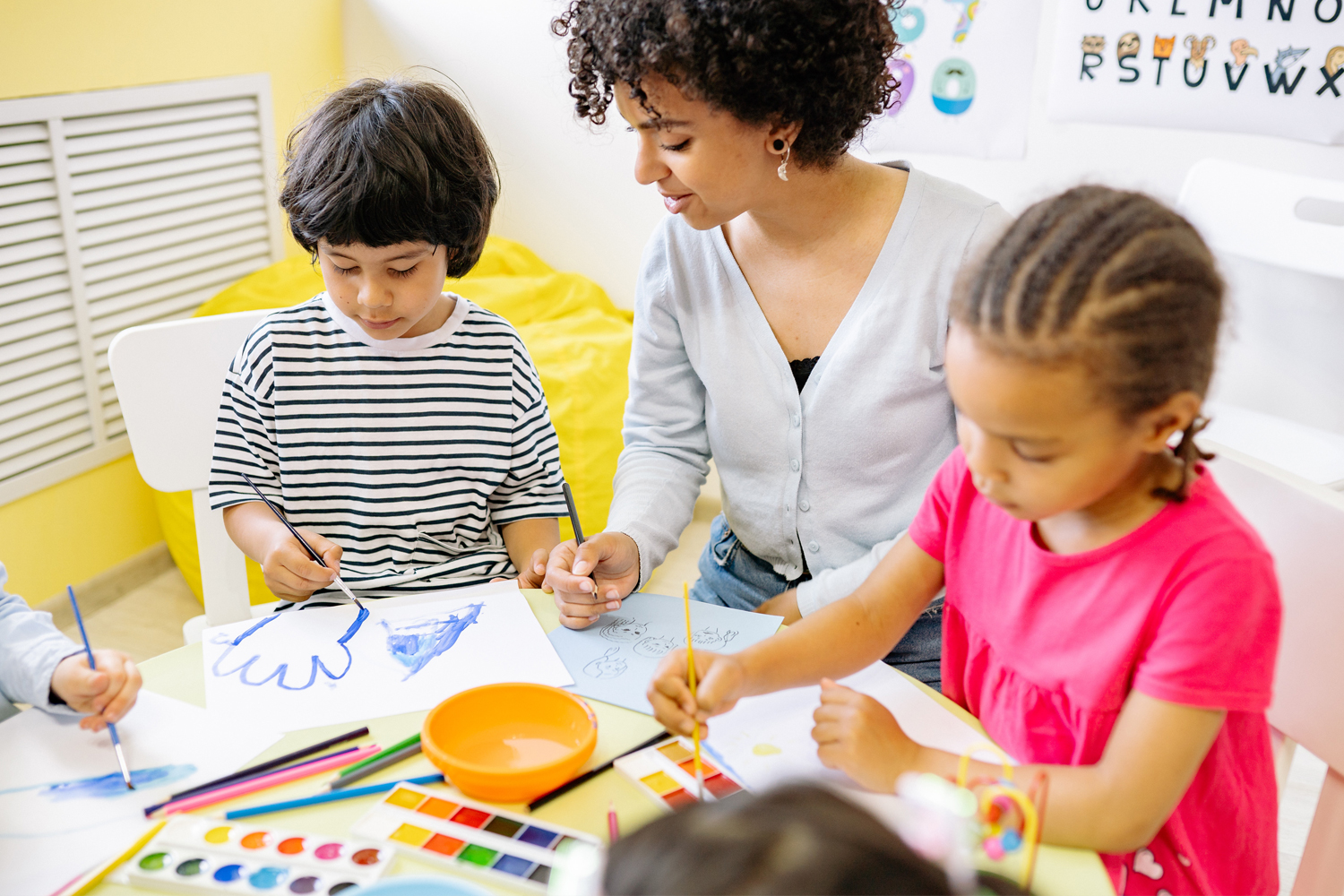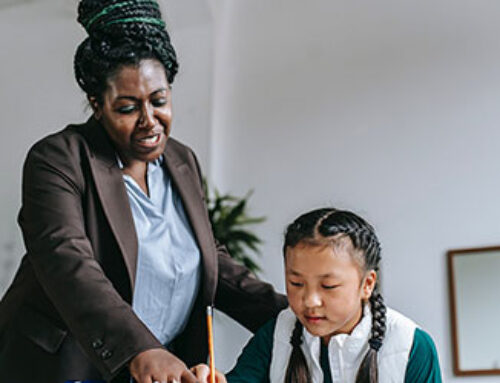We aim for the diagnostic process at Blue Bird Day to be different from traditional diagnostic assessments. Utilizing Therapeutic and Collaborative Assessment techniques, we invite clients and parents to be involved in the assessment process, beyond just filling out forms. Beginning at the intake process, we invite clients and their families to help create goals for testing, creating questions that help us make sure the evaluation is useful for you and your team. We know that many individuals and families are referred for neuropsychological assessments, not knowing quite what to expect or how it can help. While diagnosis is one goal for testing, some other questions that can help guide assessment might include:
- How is their attention impacting their school performance?
- What can I do to help reduce my anxiety and sensory sensitivity?
- How can I best communicate with my child who is struggling with language development?
- How is past stress and trauma impacting the ability to focus and work now?
- How can I discuss my child’s needs and advocate for more supports? Where do I start?
- What can I do to feel more authentic and confident in my diagnosis?
- I feel like we’re not making progress in therapy; is there anything else we can do? Are we missing something?
- Is my child showing signs of an overall cognitive or learning struggle, or should we just focus on communication?
The testing team will work during the assessment and when forming recommendations to answer these questions to the best of our ability. Providing resources, interventions, and education so you feel confident in taking on these challenges.
In addition to working with your family, we want to reach out to any other supports working with your child. This can include other therapists, teachers, medical providers, and other staff that are involved in your child’s life and development. These folks can be a great resource for gathering information, formulating more questions, and knowing what has worked and what hasn’t in terms of supporting growth. Their knowledge and expertise in their field can only help support us in getting an accurate understanding of each person.
Because we use your questions to guide the assessment, the test battery is flexible. While we may have a core set of assessments, we may add or adjust them to best fit the needs and address the concerns of each person. We may adjust what measures we use, break them up into smaller pieces with breaks, and integrate play and games into our sessions in order to help our clients and kids show their best self.

We may have some follow up questions between sessions. Whether it’s getting kiddos that are nervous in new situations, being shy or slow-to-warm-up, not sleeping well the night before, or any of the many factors that can impact behavior, we want to make sure that we take that into account in our assessments. So, we may adjust a testing schedule, have parents or trusted others help with transitions, or shift to a classroom observation (where available) to get the best understanding of your child. Our goal is to build trust and comfort so a child can show their true skills, not their worries, their tiredness, or their frustration.
When testing is complete and we review and discuss the report, our goal is for you to walk away with a better understanding, not only of diagnosis, but confidence in how to address the concerns. We hope to provide information, resources, and confidence in taking on the struggles talked about in the first session. The goal is to answer your questions and provide clarity through data-driven diagnosis and treatment recommendations. We want you and your child to feel “seen” and understood. We hope to provide feedback that is useful and actionable. We may spend some time, with your consent, talking with their team about the results and how we can make sure that they are useful to the treatment team. We don’t want testing to feel like just a formality, but something that adds to your understanding of the progress.

Blue Bird Day fosters socialization, sensory regulation, and pre-academic learning in children ages 2-7 years in therapeutic rotations that simulate preschool and kindergarten settings. Our compassionate therapists practice a relationship-based and family-centered approach, provide parent training, and collaborate on goals and individualized intensive treatment plans for your child.
We believe in a collaborative and multi-disciplinary team approach to therapy. A team of occupational therapists, speech-language pathologists, dietitians, developmental therapists, behavioral therapists, physical therapists, and therapeutic assistants are created for each child to ensure child and family are fully supported and the best possible results are achieved.
Options for individualized, group and virtual therapy sessions are available as well.
Want to learn more or you have a specific question? Feel free to connect with us here!

